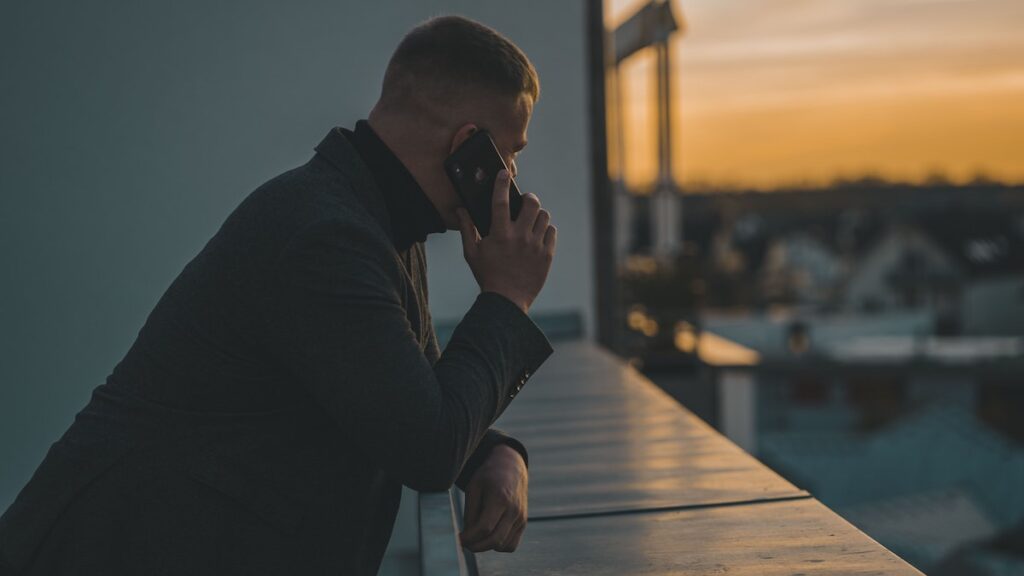Less than two months ago, we reported on how Ohio joined the “union” of US states with legal sports betting. We pointed out that the state, which has an estimated 1 million adult residents who are considered to be at-risk gamblers, was on the verge of a problem gambling crisis. Some may have felt that we were being hyperbolical. We wonder if the sentiment would be the same now that the data from Ohio for Responsible Gambling is in – helpline calls have increased 227% year-over-year, and the first quarter isn’t even done.
What’s even more concerning, is that problem gambling helpline calls have now increased in the. state for the sixth consecutive year. This pattern infers something. The consecutive annual increases in helpline calls coincide with a timeline that has been running since the 2018 removal of the Federal ban on sports betting. If sports betting didn’t become legal in Ohio until 2023, what explains the succession of increases? It’s only logical to deduce that a number of Ohio residents were taking advantage of sports betting opportunities in neighboring states that allowed it. Ohio shares borders with Pennsylvania, West Virginia, Indiana, and Michigan. These four states all legalized sports betting first. Remember, there’s nothing illegal about betting in a legal state if someone is not from there. They just need to be within state borders.
The ability to cross state borders to bet on sports may help explain problem gambling increasing in Ohio, but could inter-state travel alone explain successive year-over-year increases in helpline calls? Another explanation may be found in the proliferation of online sport betting sites and apps.
To begin with, international and offshore sportsbooks/casinos have been skirting regulations and providing US citizens with a way to gamble online for over a decade. In the past, cautious citizens may have stayed away from these platforms. However, with the 2018 removal of the Federal ban on sports betting, the U.S. government eased-off of its witch-hunt against offshore operators. In fact, it’s been 11 years since the FBI seized BoDog for operating a virtual sportsbook/casino in the USA. It was the Feds version of the DEA putting drugs and guns on the table to show they were taking a stance against illegal online gambling. All has been quiet on that front ever since. And BoDog? They simply rebranded as Bovada.lv in the U.S., and have been operating ever since the decade-old indictment. They are just one of many offshore operators that have been providing U.S. residents (Ohioans included) with a place to make wagers. In a state that had yet to legalize online sports betting, a resident could sign-up with an offshore operator, deposit with a credit card, bank wire, or crypto-currency and make instant wagers. So even if regulated operators such as DraftKings and FanDuel have had to wait until 2023 to offer Ohioans an online platform, offshore operators have been accepting them all along.
Ohio is just a case study (so to speak) in this example of how problem gambling helpline calls are increasing at a record pace. Last month, the Michigan Department of Health and Human Services reported a 171% spike in gambling related calls. Meanwhile Virginia, which has had legal sports betting for over two years, has seen a near 57% year-over-year increase in helpline calls. Connecticut may lead the charge in this unfortunate category, as after legalizing sports betting the Connecticut Council on Problem Gambling reported that hotline calls increased by 400%.
If these kinds of numbers were being reported for infectious diseases, it would not be far-fetched to say that an epidemic could be declared. If only mental and behavioral health concerns were afforded the same urgency. Thankfully, outlets and organizations across the United States are joining together to promote Problem Gambling Awareness, and are stepping into the spotlight to take a stand. Kindbridge is here to do the same, by providing individuals, families, groups, organizations, teams, and leagues with better access to gambling disorder treatment resources. We offer impacted parties a confidential, safe, and welcoming environment to receive effective counseling and therapy.
While the reason for, and nature of, increasing gambling helpline calls is concerning, the fact that it is occurring is a positive sign that people want help. Contact Kindbridge today.

